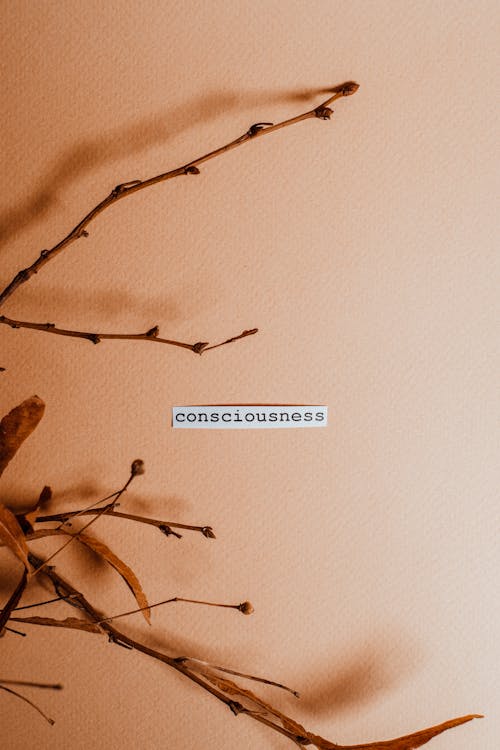|
|---|
| Το Εμποδιο Ειναι Το Εγώ |
|
| |
| Το Εμποδιο Ειναι Το Εγώ |
| Το Εμποδιο Ειναι Το Εγώ |
|
|
| Το Εμποδιο Ειναι Το Εγώ |
| Finding Peace in Awareness |
|
YOUR MIND/EGO IS THE ONLY OBSTACLE TO YOUR HAPPINESS AND SALVATION
You are at the mercy of your thoughts and emotions because they trigger further reactions, leading to a cycle of negative thoughts and emotions. Reacting on autopilot only leads to misery, as the mind operates on a survival instinct that creates a sense of lack and fear. The key is to not react and find salvation from the mind's delusions. The truth lies in finding peace, letting go, forgiving, and living in the present moment.
 |
|
| Finding Peace in Awareness |